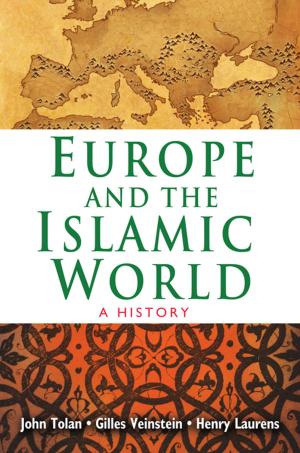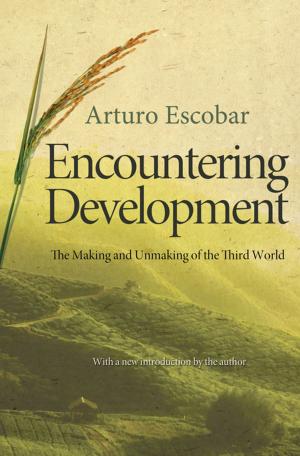Presidential Leadership and the Creation of the American Era
Nonfiction, Social & Cultural Studies, Political Science, Politics, Leadership, Government| Author: | Joseph S. Nye Jr. | ISBN: | 9781400846405 |
| Publisher: | Princeton University Press | Publication: | May 21, 2013 |
| Imprint: | Princeton University Press | Language: | English |
| Author: | Joseph S. Nye Jr. |
| ISBN: | 9781400846405 |
| Publisher: | Princeton University Press |
| Publication: | May 21, 2013 |
| Imprint: | Princeton University Press |
| Language: | English |
This book examines the foreign policy decisions of the presidents who presided over the most critical phases of America's rise to world primacy in the twentieth century, and assesses the effectiveness and ethics of their choices. Joseph Nye, who was ranked as one of Foreign Policy magazine's 100 Top Global Thinkers, reveals how some presidents tried with varying success to forge a new international order while others sought to manage America's existing position. Taking readers from Theodore Roosevelt's bid to insert America into the global balance of power to George H. W. Bush's Gulf War in the early 1990s, Nye compares how Roosevelt, William Howard Taft, and Woodrow Wilson responded to America's growing power and failed in their attempts to create a new order. He looks at Franklin D. Roosevelt's efforts to escape isolationism before World War II, and at Harry Truman's successful transformation of Roosevelt's grand strategy into a permanent overseas presence of American troops at the dawn of the Cold War. He describes Dwight Eisenhower's crucial role in consolidating containment, and compares the roles of Ronald Reagan and Bush in ending the Cold War and establishing the unipolar world in which American power reached its zenith.
The book shows how transformational presidents like Wilson and Reagan changed how America sees the world, but argues that transactional presidents like Eisenhower and the elder Bush were sometimes more effective and ethical. It also draws important lessons for today's uncertain world, in which presidential decision making is more critical than ever.
This book examines the foreign policy decisions of the presidents who presided over the most critical phases of America's rise to world primacy in the twentieth century, and assesses the effectiveness and ethics of their choices. Joseph Nye, who was ranked as one of Foreign Policy magazine's 100 Top Global Thinkers, reveals how some presidents tried with varying success to forge a new international order while others sought to manage America's existing position. Taking readers from Theodore Roosevelt's bid to insert America into the global balance of power to George H. W. Bush's Gulf War in the early 1990s, Nye compares how Roosevelt, William Howard Taft, and Woodrow Wilson responded to America's growing power and failed in their attempts to create a new order. He looks at Franklin D. Roosevelt's efforts to escape isolationism before World War II, and at Harry Truman's successful transformation of Roosevelt's grand strategy into a permanent overseas presence of American troops at the dawn of the Cold War. He describes Dwight Eisenhower's crucial role in consolidating containment, and compares the roles of Ronald Reagan and Bush in ending the Cold War and establishing the unipolar world in which American power reached its zenith.
The book shows how transformational presidents like Wilson and Reagan changed how America sees the world, but argues that transactional presidents like Eisenhower and the elder Bush were sometimes more effective and ethical. It also draws important lessons for today's uncertain world, in which presidential decision making is more critical than ever.















